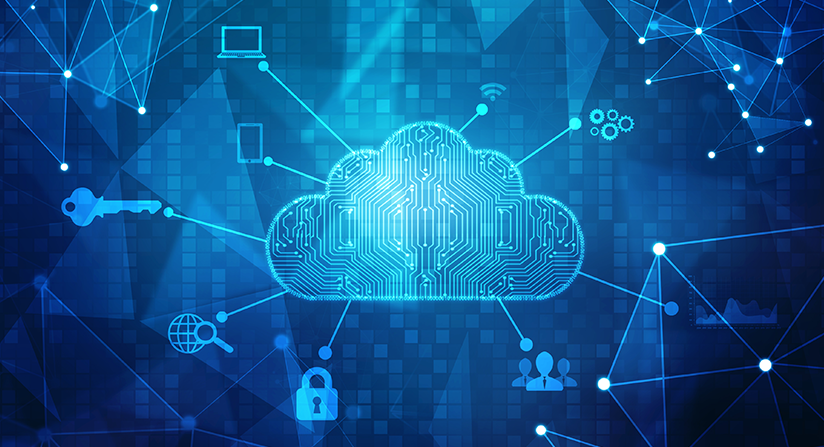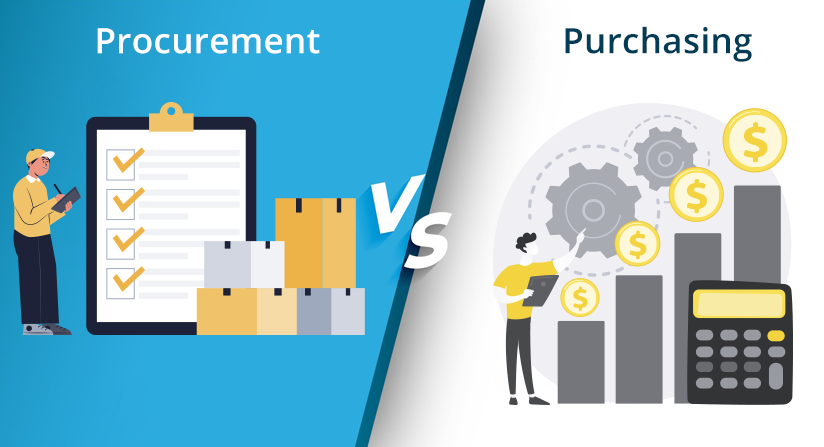30-Second Summary
- Cloud computing is the future. It is the foundation of digital transformation. Cloud ensures data security by storing datasets on robust and encrypted datacenters. How can you ensure the information you stored on cloud servers is safe?
- This blog explains 5 things you should know about safety in the cloud.
Cloud is a convenient place to store business data because of easy accessibility. Cloud-based infrastructure delivers flexible, on-demand access to resources. It supports digital technologies such as Artificial Intelligence, Robotics, and more. How can you ensure data security in the cloud? Read on to learn in detail.
What is data security?
It is the practice of protecting digital data from unwanted actions of unauthorized users, corruption, or intrusion across business data. Data security ensures the protection of digital information against cybercriminal activities, human errors, and insider threats. It provides enterprise-grade security and end-to-end encryption of data between the vendor and the organization.
Is Cloud ERP Safe for Manufacturers?
While technology has advanced and will continue to enhance in the future, there is always a possibility of technical errors and user issues. Losing your data due to any factor could affect business processes and have far-reaching consequences including loss of consumer trust, a damaged reputation, and financial loss.
Cloud ERP adds a double layer of safety to the company’s data. With the cloud, each user has a single data entry that can be accessed by users from different departments. Cloud ERP systems use a combination of technologies connected by high-speed internet networks. With cloud ERP, your data is hosted virtually on robust data centers which are geographically dispersed, environmentally controlled, and secure.
Key elements of cloud security architecture are:
- Security at Each Layer
- Redundant & Resilient Design
- Appropriate Storage for Deployments
- Centralization, Standardization, & Automation
- Elasticity & Scalability
- Alerts & Notifications
How Do You Keep Your Data Secure In the Cloud?
Be proactive – Protect your business from fraud or threats. Not everyone in your organization is required to access every piece of data on the cloud. You can keep your company accountable for sensitive data and customer information by setting up user permissions based on the organizational hierarchy.
Keep a maintained log with authorizations and checklists for promoted employees, new hires, and role changes to reduce unauthorized access to business data. It is better to give read-only access to employees for the most important data.
- Learn how to spot unusual activity, report it, set up passwords, and encrypt data.
Two-factor authentication creates a two-step process and adds an extra layer of security whenever you log in. It prevents sharing of passwords. Another tip: don’t save passwords on public desktops or devices.
Encryption transforms your data into ciphertext which makes it quite tough for hackers to understand what they are reading. Encryption is the process of converting information into secret codes. It keeps data secured from unauthorized access and cybercrimes and deters hackers from intruding on your data.
- Take the time to train your staff.
End-user ERP training educates employees about the importance of ERP software, its functions, and modules. Training allows users to interact with the system while saving time. If every user is trained well, they can fully utilize ERP capabilities and help avoid fraud and data breaches.
It is always better to consider the risk posed by internal resources. Lack of product understanding can lead to data issues and security breaches. These errors can often be called innocent mistakes but make your business prone to security risks. New hires should be well trained and have in-depth knowledge about internal processes.
- Comply with all industry requirements.
Quite often ERP software stores personal and payment details, and confidential sales information. If your ERP is being used to store such information, the system must meet local security standard requirements. It is also important to track access to the stored data, change vendor-issued passwords, and adhere to security standards.
- Consider advanced analytics to gain access to user behavior.
Business analytics adds visualization to business data and represents data in graphical form. It makes managing access permissions and minimizing data movement easy. Advanced analytics requires users to extract or replicate data from the cloud and foresee uncertainties and vulnerabilities if any. Advanced analytics helps businesses with fraud detection and phishing attacks so that companies are not at risk.
Cloud ERP Is the Enabler of Growth
Business growth is a top priority for managers and C-suites executives. Cloud serves as the backbone for all cloud computing products and services and builds a strong platform for digital transformation. The nature of cloud ERP is conducive to supporting innovation. With less expenditure, cloud ERP implementation reaches its go-live milestone faster than on-premise ERP implementation.
To compete globally, you need the right tools and technology. Cloud is the facilitator of growth. It can integrate well with intelligent technologies and help your manufacturing business flourish. If you want to learn more about cloud data security and how cloud can enable manufacturing excellence, click here.
Follow Us










